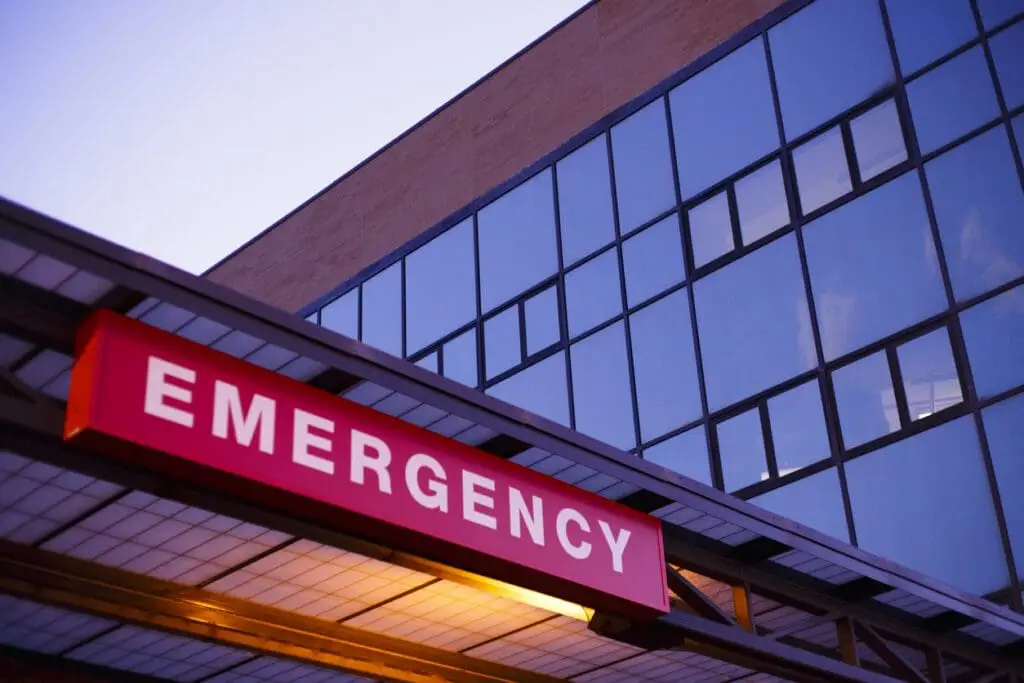Understanding the Healing Process
Experiencing trauma can have a lasting impact on a person’s life, but it is possible to heal and find ways to cope. While the effects of trauma may never completely disappear, there are strategies and therapies that can help individuals navigate their healing journey and find a sense of peace and resilience. In this post, we will explore the healing process and provide helpful tips for coping with trauma.
Understanding the Nature of Trauma.
Trauma is a deeply distressing or disturbing experience that can have a profound impact on a person’s mental, emotional, and physical well-being. It can result from a wide range of events, such as abuse, violence, accidents, natural disasters, or the loss of a loved one. Understanding the nature of trauma is essential in order to begin the healing process. Trauma can affect individuals differently, and it is important to recognize that everyone’s experience is unique. By gaining a deeper understanding of trauma and its effects, individuals can begin to navigate their healing journey and find the support and resources they need.
Recognizing the Impact of Trauma on Mental Health.
Trauma can have a significant impact on a person’s mental health. It can lead to symptoms such as anxiety, depression, post-traumatic stress disorder (PTSD), and other mental health disorders. These symptoms can manifest in various ways, including intrusive thoughts, nightmares, flashbacks, avoidance behaviors, and difficulty regulating emotions. It is important to recognize the impact of trauma on mental health in order to seek appropriate support and treatment. Trauma-informed care and therapy can help individuals process their experiences, develop coping strategies, and work towards healing and recovery.
Seeking Professional Help and Support.
Seeking professional help and support is crucial for individuals who have experienced trauma. Trauma-informed therapists and counselors are trained to provide specialized care and support for those dealing with the effects of trauma. They can help individuals process their experiences, develop coping strategies, and work towards healing and recovery. Additionally, support groups and community organizations can provide a sense of belonging and understanding for individuals who have experienced trauma. It is important to reach out for help and not try to navigate the healing process alone. Remember, healing from trauma is a journey, and with the right support, it is possible to find healing and regain a sense of well-being.
Developing Coping Mechanisms and Self-Care Strategies.
Developing coping mechanisms and self-care strategies is an essential part of the healing process for trauma survivors. Coping mechanisms are healthy ways to manage and reduce the impact of trauma symptoms. This can include activities such as deep breathing exercises, journaling, practicing mindfulness, engaging in physical exercise, and seeking support from loved ones. Self-care strategies involve taking care of one’s physical, emotional, and mental well-being. This can include getting enough sleep, eating nutritious meals, engaging in activities that bring joy and relaxation, and setting boundaries to protect one’s emotional and mental health. It is important for individuals to explore different coping mechanisms and self-care strategies to find what works best for them in their healing journey.
Embracing the Healing Journey and Finding Hope.
The healing process for trauma can be a long and challenging journey, but it is important to remember that there is hope for recovery. Trauma survivors can find healing by embracing their journey and taking steps toward healing. This may involve seeking therapy or counseling, joining support groups, and engaging in self-care practices. It is important to remember that healing is not linear and that there may be ups and downs along the way. However, with time, support, and self-compassion, trauma survivors can find healing and move towards a brighter future.







